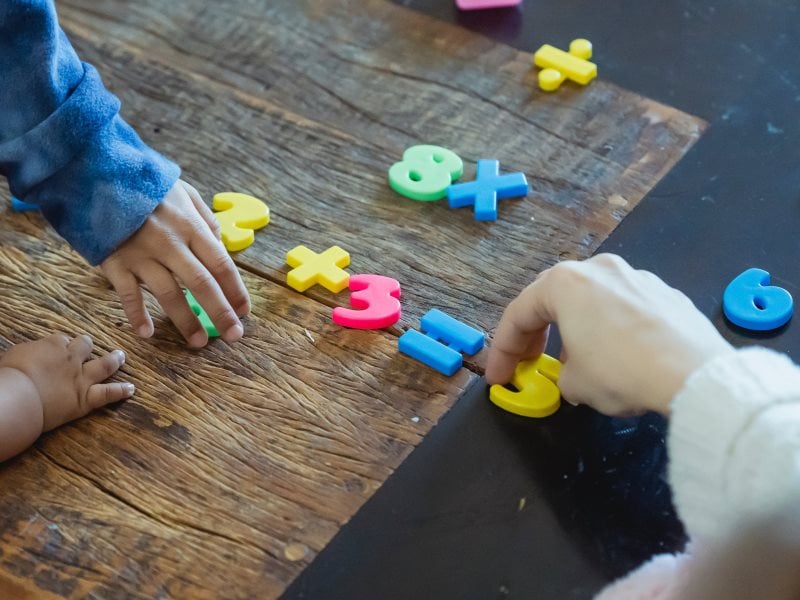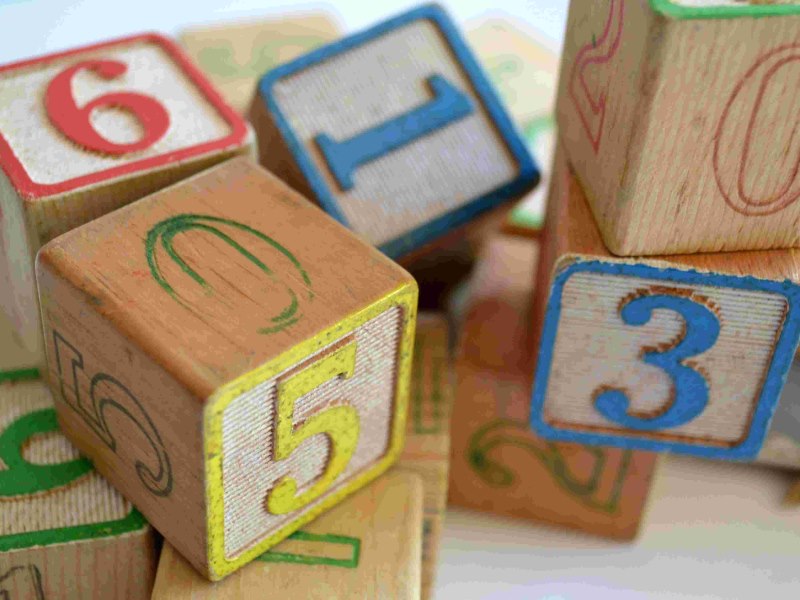 Walter Mischel one of the most influential modern psychologists addresses a major theory known as willpower. The well-known “Marshmallow Test” has become correlated with things such as temptation, willpower, and grit. These traits have been linked to important qualities of an individual.
Walter Mischel one of the most influential modern psychologists addresses a major theory known as willpower. The well-known “Marshmallow Test” has become correlated with things such as temptation, willpower, and grit. These traits have been linked to important qualities of an individual.
The marshmallow test consists of children choosing between a small reward immediately or waiting a longer period of time for a larger reward. This as a result is testing the child’s power to control their actions and testing their relation to rewards and hard work. Following up years later with preschoolers who waited for the second marshmallow had significant differences from those who did not. The children that had been noted to wait patiently for the second marshmallow had higher measures in a variety of life skills. These children essentially were shown to be excelling more in school and generally better behaved. Also, students who waited for the second marshmallow were predicted to obtain higher SAT scores and having a lower body mass index.
The study from the beginning had been planned to be used, as a way to understand what children would do as a natural reaction to make self-control harder or easier for them. After research had been compiled discoveries found that four-year-olds have the ability to distract themselves in various ways. Examples of distractions that they have used are things such as turning toes into piano keyboards, singing songs, and so forth.
Studies consist of things such as what factors are influencing a child to reach their decision. Based on what is influencing children to either eat the first marshmallow or wait for the second relates to an array of qualities, those may consist of trust and discipline shown at home. Delay gratification becomes an important topic in discussion describing how children were able to resist the first marshmallow and wait for the second one. “ In other words, the child’s ability to delay gratification and display self-control was not a predetermined trait, but rather was impacted by the experience and environment that surrounded them.” Coming from how some children were presented with reason to trust the instructor while others were given reason to not trust them.
Here at Genie Academy, we have enacted a similar tactic by using the ideas of rewards. We have developed use of a rewards system in our program that is used as a motivator for young children to behave well and complete assigned work. Our reward program consists of students collecting stars for good behavior and obtaining prizes as a result of collecting multiple stars. We have studied how some children are able to grasp the idea of collecting stars and waiting for greater prizes. While others jump and want to obtain the first prize they can acquire. Relating back to the studies found in the marshmallow test. Those students are practicing the concept discussed as delayed gratification. Showing how students who are able to wait longer for a greater prize have an increased idea of the concept of rewards and obtaining superior gratification.





